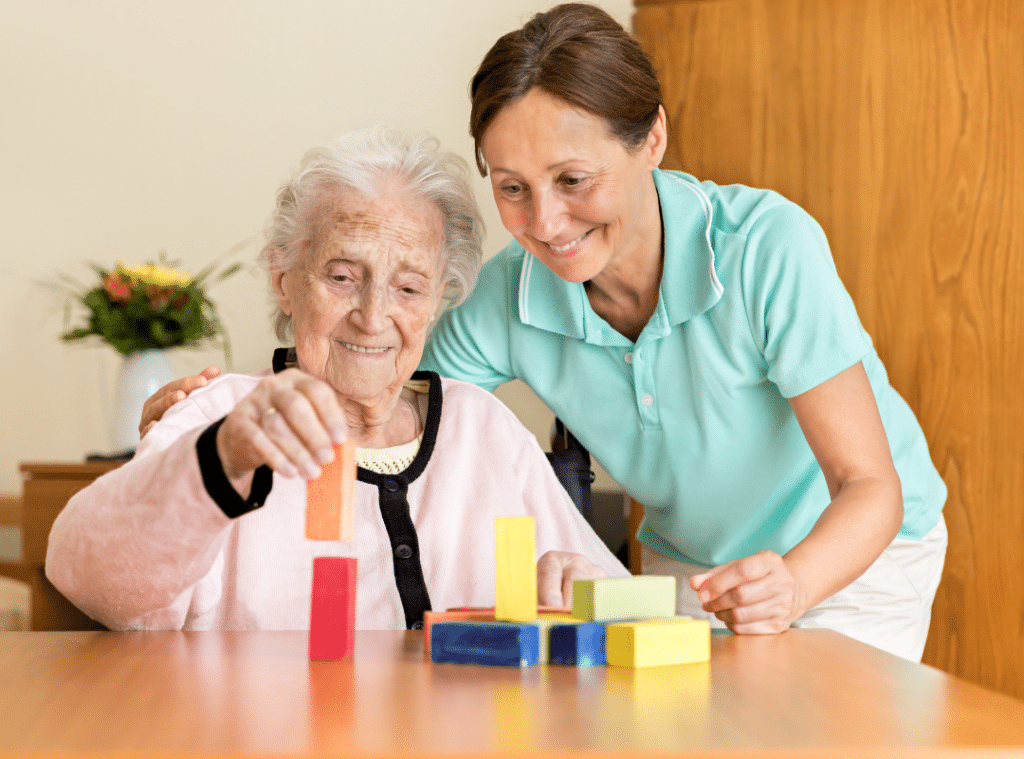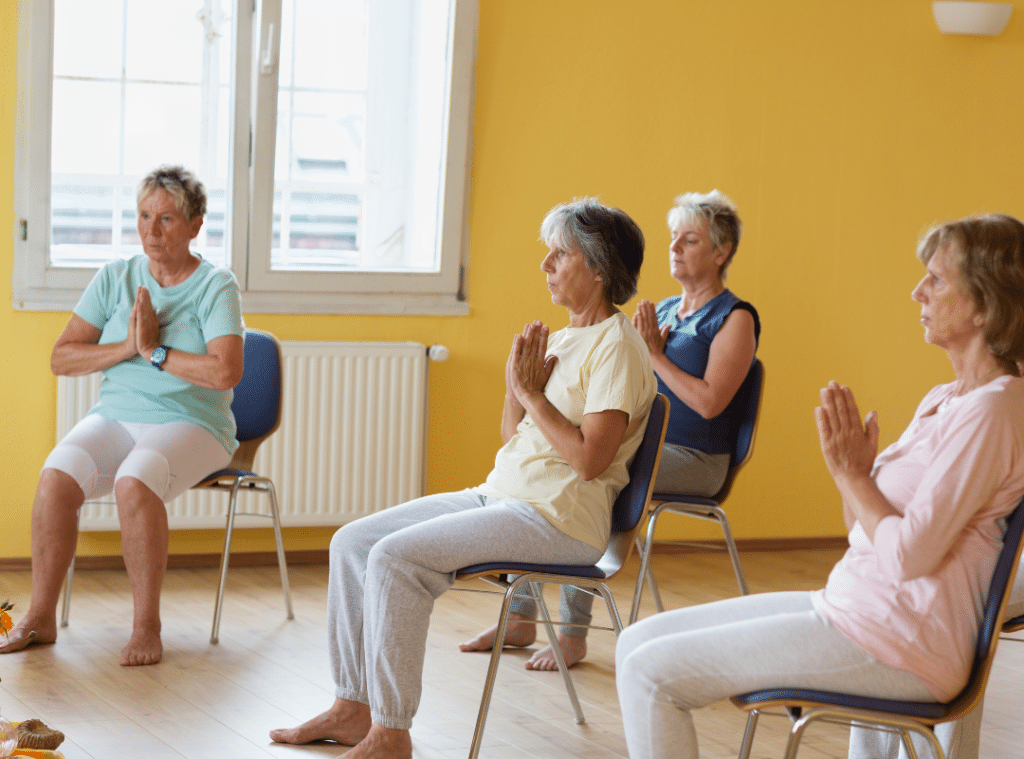Best Activities for Elderly People in Care Homes
Engaging activities for elderly people in care homes like Lakeview Senior Living in Lincoln City, OR, aren’t just for passing time—they’re vital to emotional, mental, and physical wellness. These activities help reduce loneliness, keep the mind sharp, and nurture social bonds that enrich each resident’s life. Beyond entertainment, they bring structure to the day and give residents something to look forward to. A well-rounded activity program can support emotional stability, improve sleep, and even reduce behavioral challenges often associated with cognitive decline. It’s not just about filling time—it’s about making that time meaningful. Involving residents in what’s offered also helps them feel heard, boosting confidence and autonomy. Care homes can become communities filled with laughter, movement, and purpose with the right approach.
Why Activities for Care Home Residents Matter
Meaningful activities for care home residents support a stronger sense of purpose. Whether joining a fitness class or attending a music session, these moments encourage interaction, boost morale, and promote happiness. The emotional impact of consistent engagement is powerful—it helps residents feel seen and included.
Incorporating structured routines with flexibility makes residents more open to trying new experiences. This kind of engagement strengthens cognitive health and provides moments of joy, which is especially important in settings focused on wellness and companionship. For example, this guide to staying active highlights how physical movement benefits seniors mentally and physically.
Personalizing Activities for Elderly People in Care Homes
Planning activities for elderly people in care homes should always involve understanding the individuals. Are they drawn to music, nature, or creativity? Do they enjoy movement or quiet conversation? Personalized programs are more meaningful, especially when designed with their feedback in mind.
Invite residents to share what they enjoy most and build events around those interests. Offering familiar pastimes brings comfort, while introducing new hobbies adds variety. With flexible formats, even small group activities for nursing home residents can feel fresh and fun—art classes, themed storytelling circles, or gentle gardening groups encourage interaction without overwhelming anyone.
You can also explore engaging social games and entertainment to stimulate joy and reduce isolation.
Making Activities Accessible for Dementia Care
Providing practical activities for dementia patients in care homes requires thoughtful planning and gentle structure. Residents with cognitive decline may benefit from simple, repetitive tasks, soothing music, or sensory play. These activities offer comfort, support memory, and create moments of clarity.
Look for ways to gently involve residents in interactive moments—maybe singing familiar songs, folding linens, or matching color cards. These aren’t just activities; they’re anchors of familiarity. The goal is not productivity but connection.
Designing safe, routine-based activities allows everyone to participate at their own pace and create a more inclusive environment.
Encouraging Small Group Activities in Nursing Homes
Connection thrives in smaller circles. Small group activities for nursing home residents allow for more meaningful exchanges, stronger friendships, and focused attention. Think baking sessions, board game afternoons, or casual music jams. These offer a chance to laugh, reminisce, and bond.
Small groups also make it easier for caregivers to support everyone effectively. There’s more opportunity to connect with each person and adapt as needed. Through thoughtful planning, even low-mobility residents can participate in activities that spark joy and conversation.
This level of interaction fosters trust and deepens the sense of community within care settings.
Bringing Nursing Home Activities to Life with Tech
Introducing tech into your lineup of nursing home activities can open exciting new doors. Virtual games, digital puzzles, and video chats make everyday life more interactive. Not only does it stimulate the mind, but it also bridges the distance between family and friends.
Residents can attend virtual book clubs, watch live-streamed concerts, or video call with grandchildren—all with a bit of guidance and support. Creating safe spaces for tech exploration encourages digital confidence and gives residents tools for connection.
Programs like technology training workshops give residents the skills to navigate modern communication with ease and fun.
Safety-First: Health Considerations in Care Home Activities
A well-designed activity is only as good as its safety. When organizing activities for care home residents, ensure every element—from equipment to environment—is secure. Check chairs for stability, monitor hydration levels during physical games, and always have staff on standby.
Create easy-to-follow emergency procedures and revisit them often with drills. This builds confidence among both staff and residents. Simple changes like non-slip mats or clear walkways can also make a big difference in preventing accidents. For more tips, see how to prevent falls among seniors.
By making safety the heart of every plan, you create a space where residents can engage without worry—and that freedom leads to better participation and more joy.

Creative Activities for Dementia Patients and All Residents
No matter someone’s cognitive level, self-expression matters. Residents can explore feelings and memories through guided painting, storytelling, or group songwriting. These activities for dementia patients in care homes aren’t just therapeutic—they’re fun, too.
Encouraging creativity allows for non-verbal communication, builds confidence, and nurtures identity. Celebrate their art, display it proudly, and enable residents to shine in their own way. Even simple crafts or sharing poems in a circle can be powerful moments of connection. Adding this creative layer to your activities for elderly people in care homes fosters dignity, warmth, and personal fulfillment in everyday life.
Discover how Lakeview Senior Living helps residents thrive through thoughtful engagement—call 541-994-7400 to learn more or schedule a visit today.
How Do The Costs Of Moving Into A Quality Senior Care Community Compare With The Costs Of Staying At Home?Compare The Costs of Senior Living vs Staying at Home
Frequently Asked Questions
What activities do they do in a care home?
Care homes offer various activities to support residents’ physical, mental, and emotional well-being. These may include group exercises, arts and crafts, music sessions, games, gardening, and social events. Many care homes also provide personalized activities based on individual interests. The goal is to keep residents engaged, active, and socially connected.
What are good activities for the elderly?
Good activities for the elderly include those that promote movement, mental stimulation, and social interaction. Examples include light exercises, puzzles, board games, art projects, music, and reminiscence therapy. Activities should be tailored to each person’s abilities and preferences. This helps maintain a sense of purpose and enhances overall quality of life.
What is an activities care plan for elderly?
An activities care plan outlines personalized recreational and social activities to meet an elderly resident’s unique needs and interests. It considers their physical and cognitive abilities, cultural background, and personal preferences. These plans help ensure meaningful engagement and support emotional well-being. The care team regularly reviews and updates the plan as needed.
What kind of activities would you do with the resident to stimulate them?
To stimulate residents, caregivers often mix cognitive, physical, and sensory activities. These might include memory games, storytelling, music therapy, or light exercise routines. Hands-on tasks like painting or baking can also be practical. The key is to engage their senses and minds in enjoyable and familiar ways.








